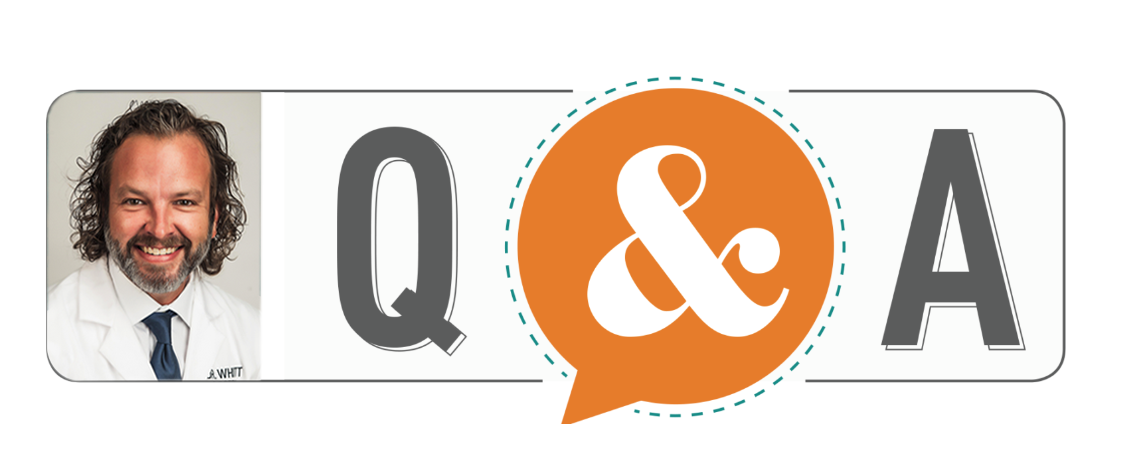
Most people don’t pay much attention to their gallbladder until it starts causing trouble. Dr. Jeremy Whitt, General Surgeon with Forrest City Medical Center, answers your questions about some common gallbladder conditions, their symptoms, and treatment options.
Q.
What are the symptoms of a gallbladder problem?
A. Symptoms of gallbladder problems can include:
- Pain in the mid- or upper-right section of the abdomen. Gallbladder pain most often comes and goes, but can range from mild and irregular to severe and frequent to constant pain.
- Nausea or vomiting. Long-term gallbladder issues may lead to frequent nausea.
- Changes in bowel movements. Watch for frequent, unexplained diarrhea, light-colored or chalky stools.
- Jaundice. Yellowing of the skin occurs when liver bile is blocked by gallstones.
Q.
How do I know if I should see a doctor?
A. If you have gallbladder symptoms you should seek medical attention. If your pain is mild and intermittent, and goes away on its own, you don’t require immediate attention. You should, however, see your doctor for further examination, which may include labs, an ultrasound, and/or a HIDA scan.
If your symptoms are severe and include the following, it could indicate a serious infection and you should seek medical attention immediately.
- Pain in the upper-right quadrant that doesn’t subside within 5 hours
- Fever, nausea or vomiting
- Changes in bowel movements and urine
Q.
What if it is my Gallbladder?
A. Gallstones are a treatable condition. Treatment usually involves removal of the gallbladder, which is often done using a laparoscope, along with antibiotics to treat infections, if present.
Laparoscopic gallbladder removal is most common. A thin tube with a tiny video camera is inserted into a small incision in the abdomen. While watching images transmitted by the camera, a surgeon carefully removes the gallbladder through small incisions. These surgeries are often outpatient procedures, allowing the patient to go home the same day.
Q.
Can I prevent Gallbladder problems?
A. Although gallbladder problems can’t be prevented entirely, you can take steps to lower your risk of developing gallstones or other infections. You have an increased risk of gallstones if:
- You are female
- You are over 40
- You have a family history of gallstones
- You are Native or Mexican American
- You are obese
If you fall into one of these categories, avoid the following to reduce your risk:
- Rapid weight changes
- Diets high in calories but low in fiber
If you think you may have gallbladder problems, talk with your doctor. To schedule a consultation with Dr. Whitt, please call 870-735-3664.
ASSOCIATED CARE
ASSOCIATED PROVIDERS
ASSOCIATED LOCATIONS
General Surgery
902 Holiday Drive
Suite 106
Forrest City, AR 72335
General Surgery
210 South Rhodes Street
West Memphis, AR 72301